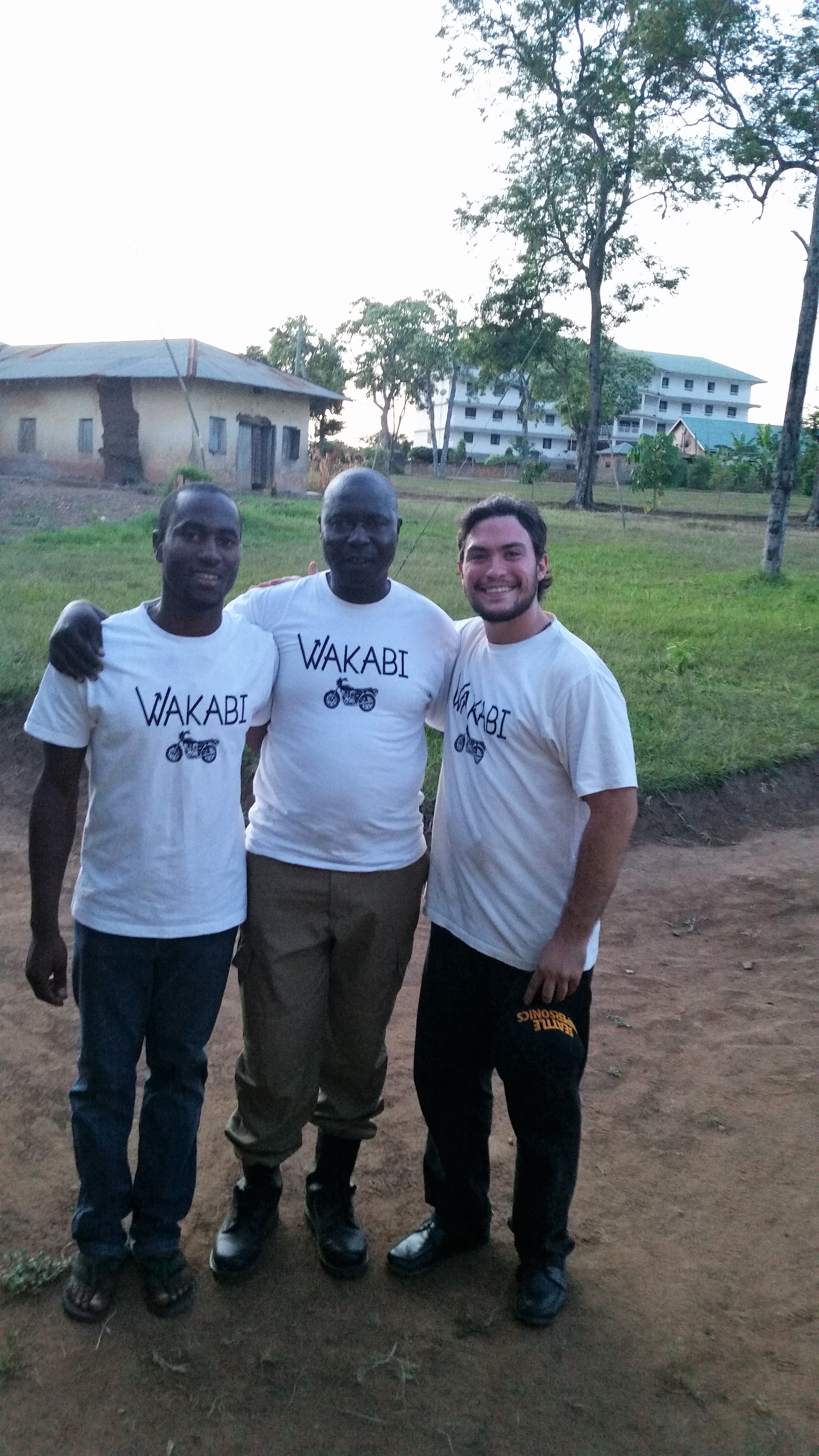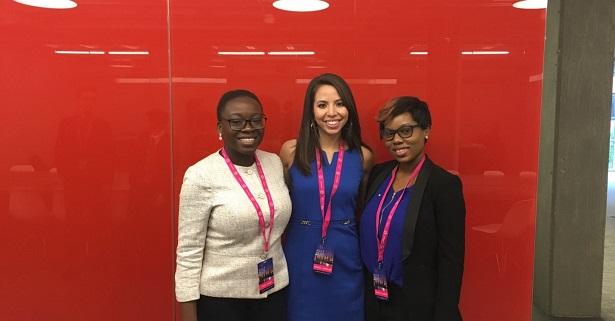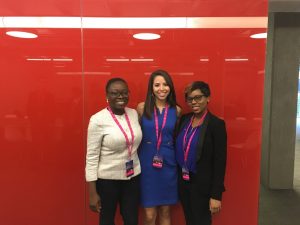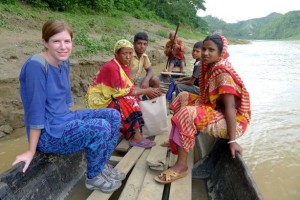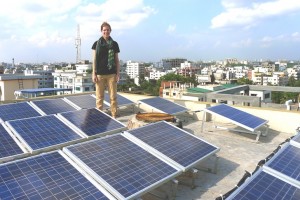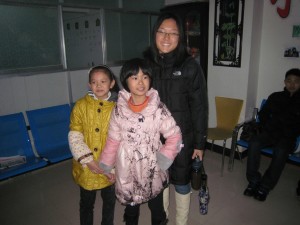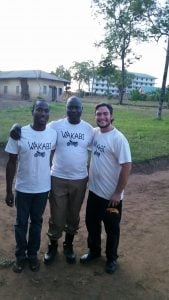
Ty Van Herweg, 2015-2016, Uganda (right), and CEO & Founder of Wakabi, with Jagwe Rogers, COO, and Joseph Onguti, Wakabi’s official trainer
It all started when I was sitting with my mentor, Dr. Thane Kreiner, at Santa Clara University. I was deconstructing my Global Social Benefit Fellowship experience and explaining all of these epiphanies I had about the interconnectedness of last mile distribution in Uganda. Suddenly he remarked, “You are trying to start an Uber for rural Africa.” That’s when everything changed. That’s when my purpose was carved into stone.
I immediately scrounged for all the various opportunities like a mad man. Fulbright became the best option. Sure, it was prestigious and extremely competitive, but it was my only reasonable option to test the business model I had dreamed up. I submitted my application after much rigor and editing, and prayed for the best. I started collaborating with two engineers at Santa Clara University as the waiting game commenced. I was the igniter of a crazy idea, and the energy that came with it was beyond anything I had ever felt before.
In April I received good news; Fulbright gave me a shot and offered me a grant, and I was ready to do just about anything and everything to make Wakabi a reality. I was given the gift of a low-risk, nine-month pilot. There is no better opportunity for a young and broke social entrepreneur.

